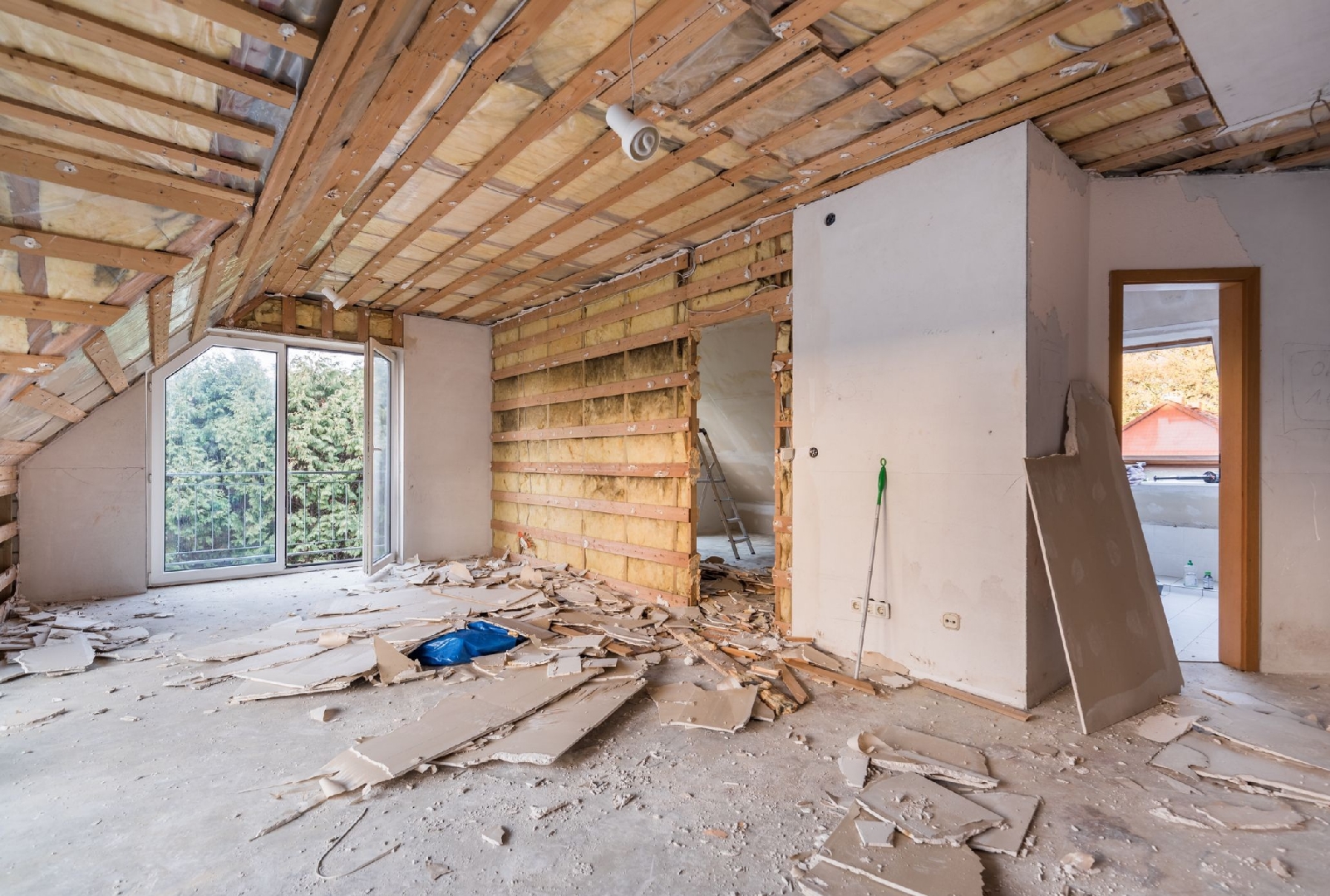Lake Properties Lake Properties
Lake Properties Lake Properties
🏡 The Psychology Behind Pricing Your Home in South Africa
When it comes to selling your home, numbers alone don’t tell the full story. While property valuation reports and market data are vital, there’s a powerful — and often underestimated — factor at play: human psychology. How buyers feel about your home’s price can make the difference between a quick sale and months of stagnation.
Let’s unpack the psychology behind pricing your home in South Africa and how to use it to your advantage.
1. First Impressions Are Emotional, Not Logical
Most buyers make an emotional connection with a property long before they calculate whether it’s a good financial deal. The price tag sets the tone for this emotional response.
- Too high, and buyers feel your home is out of their league — or worse, overpriced.
- Too low, and they may question what’s wrong with it.
The goal is to position your price where buyers feel the home offers value and aspiration, not skepticism.
💡 Example: A R2,495,000 listing feels psychologically more attractive than R2,500,000 — even though the difference is just R5,000. This subtle pricing tactic often draws in more online clicks.
2. The Power of ‘Just-Under’ Pricing
South African buyers, like shoppers everywhere, respond to prices that feel like a bargain. That’s why agents often recommend listing “just under” a round number — say R1,995,000 instead of R2,000,000.
It’s called “charm pricing”, and it works because the human brain processes numbers from left to right. We subconsciously focus on the first digit, making R1,995,000 feel closer to R1.9 million than R2 million.
In the competitive Cape Town and Johannesburg markets, this small tweak can help your listing appear in more online search results — and get noticed by more buyers.
3. Anchoring: How Buyers Compare Value
When buyers view multiple properties, the first price they see becomes a mental anchor for comparison.
If your home is one of the first they see and it’s priced right, it sets a strong benchmark in their mind. If it’s too high, it can make other homes look like better deals.
This is why accurate initial pricing is essential — especially in the first 2–4 weeks after listing, when your home gains the most visibility online.
4. The Danger of Emotional Overpricing
Homeowners often attach sentimental value to their property — memories, milestones, and renovations that feel priceless. But buyers don’t share that emotional connection.
Setting a price based on emotion rather than evidence can backfire:
- The home stays longer on the market.
- It attracts fewer offers.
- Buyers assume you’re not serious about selling.
Eventually, you may need to lower the price — but by then, the property has already lost momentum.
💬 Tip: Ask your agent to show you comparative listings and recent sales data in your suburb. This helps you view your home through a buyer’s eyes, not a seller’s heart.
5. Scarcity and Perceived Value
When buyers sense that a home is in demand, they act faster — and often offer more. Your pricing strategy should reflect this principle of scarcity.
A competitively priced home in a sought-after area like Durbanville Hills or Claremont can spark multiple offers, driving the price up naturally. On the other hand, an overpriced home signals “plenty of time,” removing urgency.
6. Online Search Psychology
Most South African buyers start their property search on websites like Property24 or LakeProperties.co.za, filtering results by price range.
If your home is listed at R2,010,000 instead of R1,999,000, you might miss out on all the buyers searching “up to R2 million.”
That tiny pricing difference can drastically reduce visibility — even if your home is objectively worth more.
7. The Price-Perception Sweet Spot
The ideal home price sits at the intersection of market reality and emotional appeal. It’s where buyers perceive value and urgency — the sweet spot that motivates offers.
Pricing is both art and science. It involves market data, buyer psychology, and your agent’s intuition about how your area’s buyers think.
💼 Lake Properties Pro-Tip
Before setting your price, ask your estate agent to prepare a Comparative Market Analysis (CMA) and discuss pricing psychology. Use data to define the range — and emotion to decide the exact figure.
Remember, buyers in South Africa don’t just buy homes — they buy stories, lifestyles, and opportunities. Your price should reflect all three.
Call to Action
Ready to explore the best investment opportunities in Cape Town?
Contact Lake Properties today and let our experts guide you to your ideal property.
If you know of anyone who is thinking of selling or buying property,please call me
Russell
Lake Properties
ww.lakeproperties.co.za
info@lakeproperties.co.za
083 624 7129



























